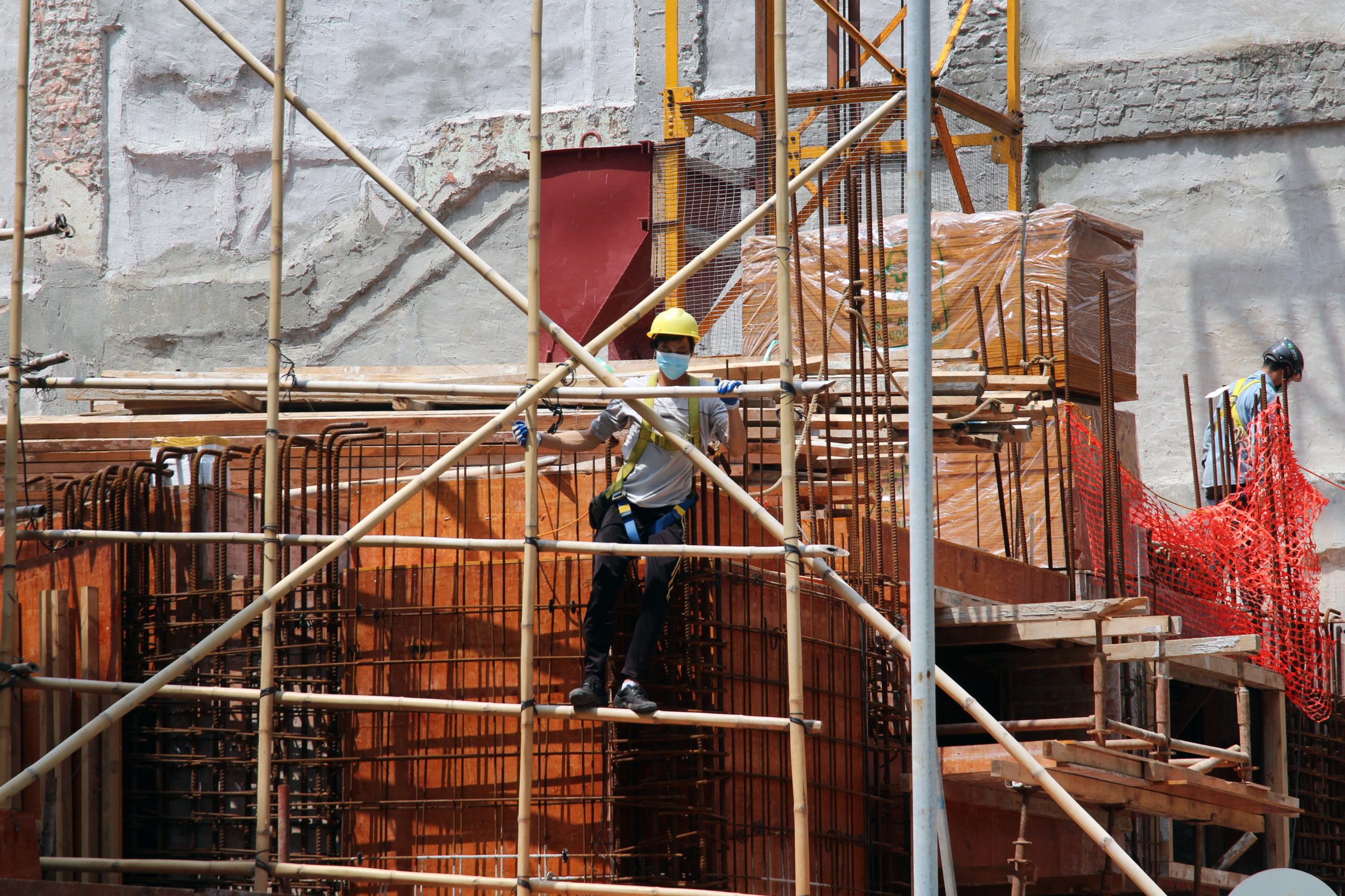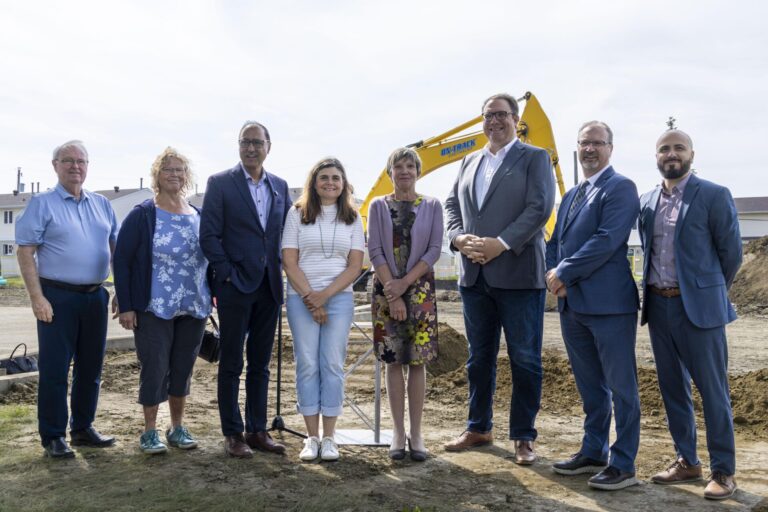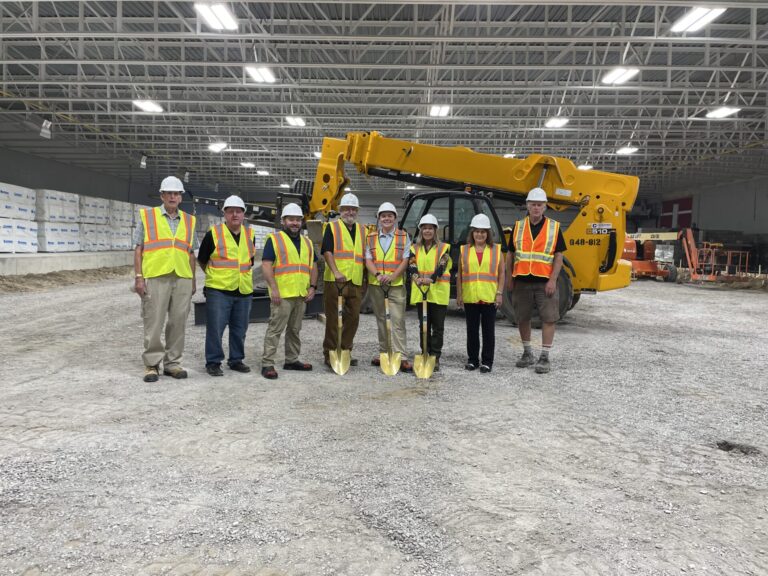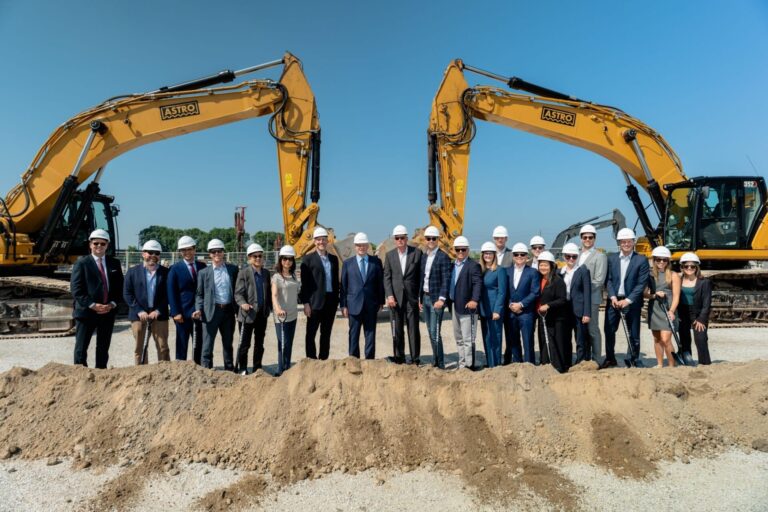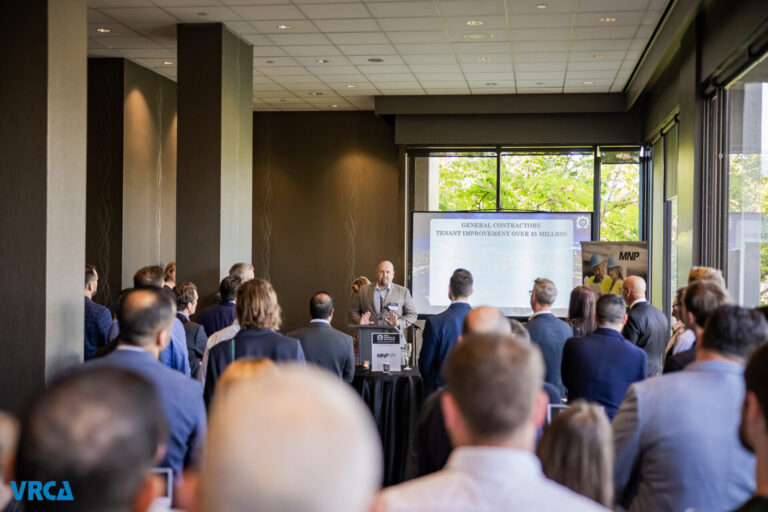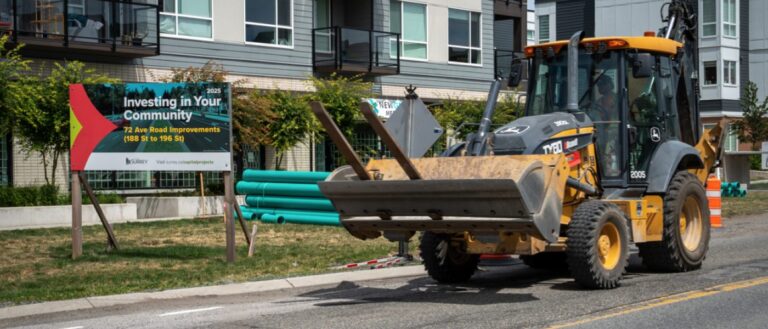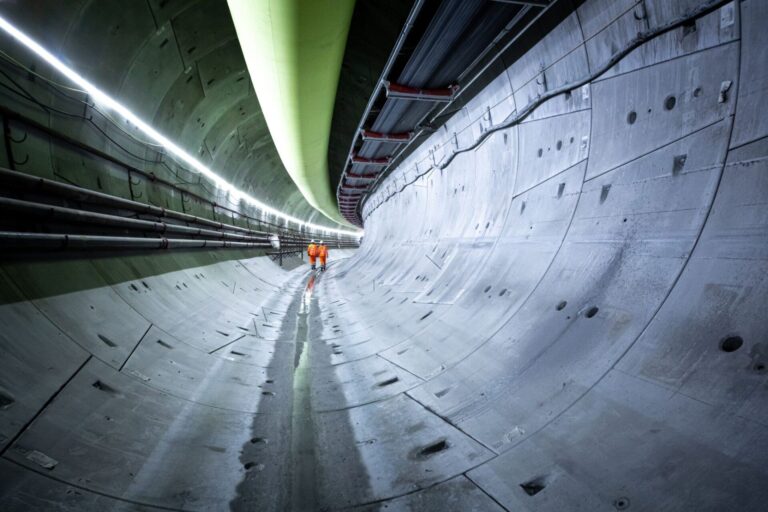Accelerating productivity-enhancing infrastructure projects could provide much-needed stimulus and help Canada’s economy recover from the COVID-19 crisis, according to recommendations from the C.D. Howe Institute.
The C.D. Howe Institute Crisis Working Group on Business Continuity and Trade, in its most recent meetings on May 26 and June 2, 2020, also emphasized the need for adapting Canada’s bankruptcy and restructuring process to cope with the potential for widespread insolvencies.
The group of industry experts and economists, co-chaired by Dwight Duncan, senior strategic advisor at McMillan LLP and former Ontario Minister of Finance, and Jeanette Patell, vice-president of government affairs and policy for GE Canada, considered a number of measures to enhance Canada’s prospects for a resilient recovery:
- Stimulus through accelerated infrastructure spending:
- the possible role of infrastructure spending to boost depressed aggregate demand through a protracted period of weakness, and
- the need to rigorously target any infrastructure stimulus to boost productivity and address specific social and environmental objectives;
- The adaptability of Canada’s bankruptcy and restructuring processes to widespread insolvencies;
- The importance of expedient merger review and open access to foreign capital, as well as the need to “sunset” government interventions in markets and restore competitive forces as soon as practical; and
- Governments’ use of tools for assessing risk versus economic cost in order to stage re-opening and better calibrate any “second wave” re-tightening of activity restrictions.
The group suggests Canada should seize this near-term opportunity to address its maintenance backlog for aging public infrastructure assets – for example, repairing bridges, roads and linear water infrastructure. In addition, broadband connectivity is a critical “backbone” for long-term national prosperity.
According to the report, Canada needs a national strategic assessment initiative to identify infrastructure investments that would boost long-run economic growth, enhance social well being and enhance resilience, particularly in response to risks from climate change.
The group also agreed governments should establish timetables for “sunsetting” business supports as economic activity resumes, and develop “second wave” plans, leveraging tools for comparing the economic costs of shutdown with the risk of transmission in specific occupations and industries – such as the risk index developed by researchers at the University of British Columbia Vancouver School of Economics (VSE).
To read the full report, click here.
To view the VSE risk index, click here.
Featured image credit: Macau Photo Agency @macauphotoagency.

